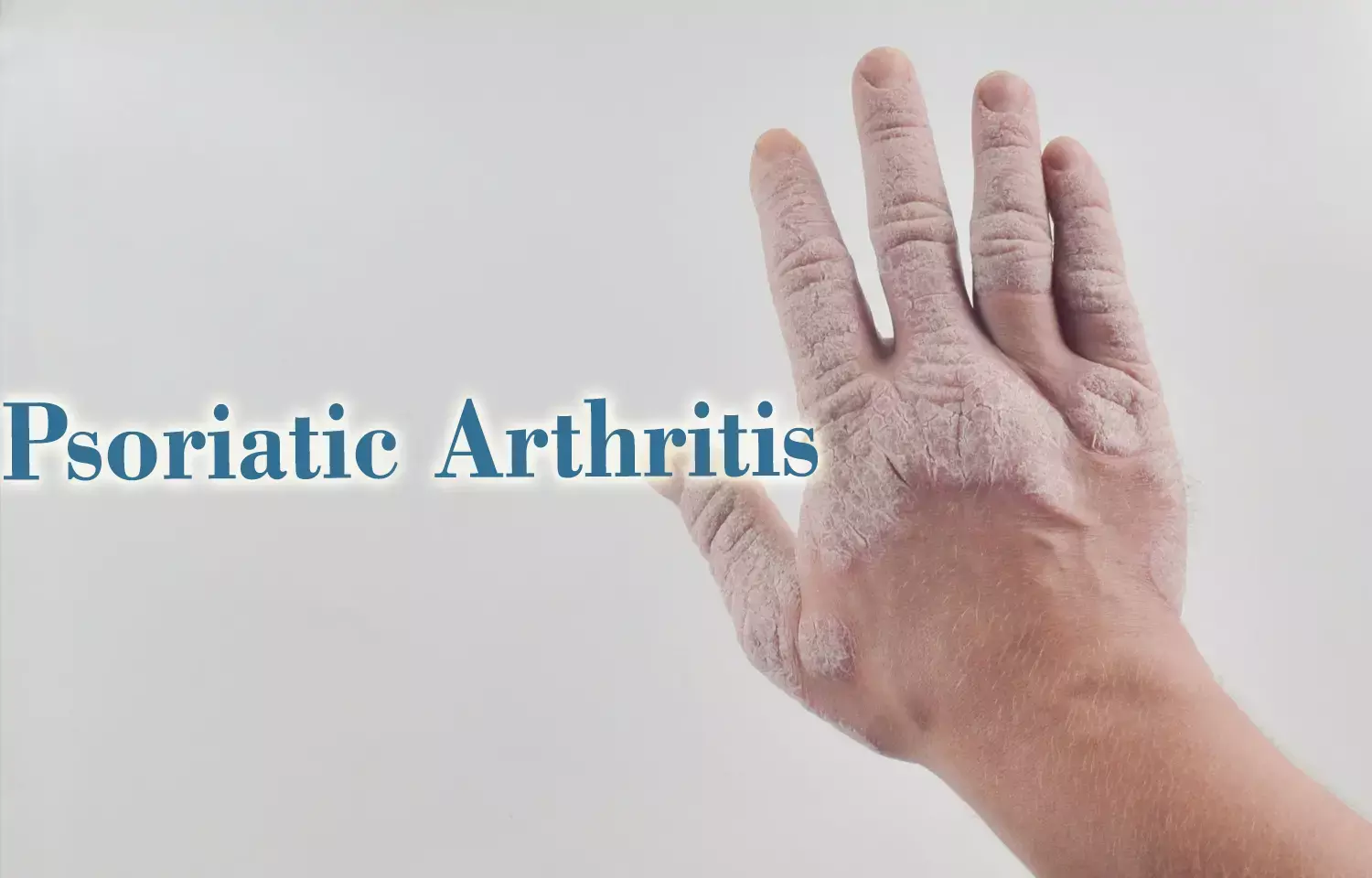- Home
- Medical news & Guidelines
- Anesthesiology
- Cardiology and CTVS
- Critical Care
- Dentistry
- Dermatology
- Diabetes and Endocrinology
- ENT
- Gastroenterology
- Medicine
- Nephrology
- Neurology
- Obstretics-Gynaecology
- Oncology
- Ophthalmology
- Orthopaedics
- Pediatrics-Neonatology
- Psychiatry
- Pulmonology
- Radiology
- Surgery
- Urology
- Laboratory Medicine
- Diet
- Nursing
- Paramedical
- Physiotherapy
- Health news
- Fact Check
- Bone Health Fact Check
- Brain Health Fact Check
- Cancer Related Fact Check
- Child Care Fact Check
- Dental and oral health fact check
- Diabetes and metabolic health fact check
- Diet and Nutrition Fact Check
- Eye and ENT Care Fact Check
- Fitness fact check
- Gut health fact check
- Heart health fact check
- Kidney health fact check
- Medical education fact check
- Men's health fact check
- Respiratory fact check
- Skin and hair care fact check
- Vaccine and Immunization fact check
- Women's health fact check
- AYUSH
- State News
- Andaman and Nicobar Islands
- Andhra Pradesh
- Arunachal Pradesh
- Assam
- Bihar
- Chandigarh
- Chattisgarh
- Dadra and Nagar Haveli
- Daman and Diu
- Delhi
- Goa
- Gujarat
- Haryana
- Himachal Pradesh
- Jammu & Kashmir
- Jharkhand
- Karnataka
- Kerala
- Ladakh
- Lakshadweep
- Madhya Pradesh
- Maharashtra
- Manipur
- Meghalaya
- Mizoram
- Nagaland
- Odisha
- Puducherry
- Punjab
- Rajasthan
- Sikkim
- Tamil Nadu
- Telangana
- Tripura
- Uttar Pradesh
- Uttrakhand
- West Bengal
- Medical Education
- Industry
SLE more prevalent in psoriatic arthritis patients: Study

Israel: Patients with psoriatic arthritis are at 2.3 times more risk of getting systemic lupus erythematosus (SLE) as compared to the general population, suggests a recent study published in the Journal of Rheumatology.
Danielle Korkus, Technion-Israel Institute of Technology, Haifa, Israel, and colleagues assessed the prevalence of SLE in a psoriatic arthritis (PsA) cohort and compared it to the general population using the database of a large healthcare provider.
For the purpose, the researchers analyzed the database of a PsA cohort (2002–2017), matched for age and sex, with randomly selected controls for demographics, clinical and laboratory manifestations, and dispensed medications. t test and chi-square test were used as appropriate for statistical analysis. In the PsA group, incidence density sampling was performed matching PsA patients without SLE as controls to each case of PsA with SLE by age and follow-up time. Factors affecting SLE development were assessed using univariable and multivariable conditional logistic regression analyses.
The PsA and control groups consisted of 4836 and 24,180 subjects, respectively.
Key findings of the study include:
- 0.37% in the PsA group and 0.15% patients in the control group were diagnosed with SLE.
- SLE patients without PsA had higher anti-dsDNA and anticardiolipin antibodies.
- The usage of drugs with known potential to induce SLE was higher in the PsA than in the control group.
- Older age at PsA diagnosis, shorter PsA duration, and statin treatment were associated with SLE in PsA patients.
"Our findings showed a 2.3-fold increase in the prevalence of SLE among PsA patients compared to controls. Risk factors for SLE development included older age at PsA diagnosis, shorter PsA duration, and statin treatment," wrote the authors.
"The association between PsA and SLE may affect treatment choices and medication development," they concluded.
"Increased Prevalence of Systemic Lupus Erythematosus Comorbidity in Patients With Psoriatic Arthritis: A Population-Based Case-control Study," is published in the Journal of Rheumatology.
DOI: https://www.jrheum.org/content/early/2020/11/10/jrheum.190940
Dr Kamal Kant Kohli-MBBS, DTCD- a chest specialist with more than 30 years of practice and a flair for writing clinical articles, Dr Kamal Kant Kohli joined Medical Dialogues as a Chief Editor of Medical News. Besides writing articles, as an editor, he proofreads and verifies all the medical content published on Medical Dialogues including those coming from journals, studies,medical conferences,guidelines etc. Email: drkohli@medicaldialogues.in. Contact no. 011-43720751


